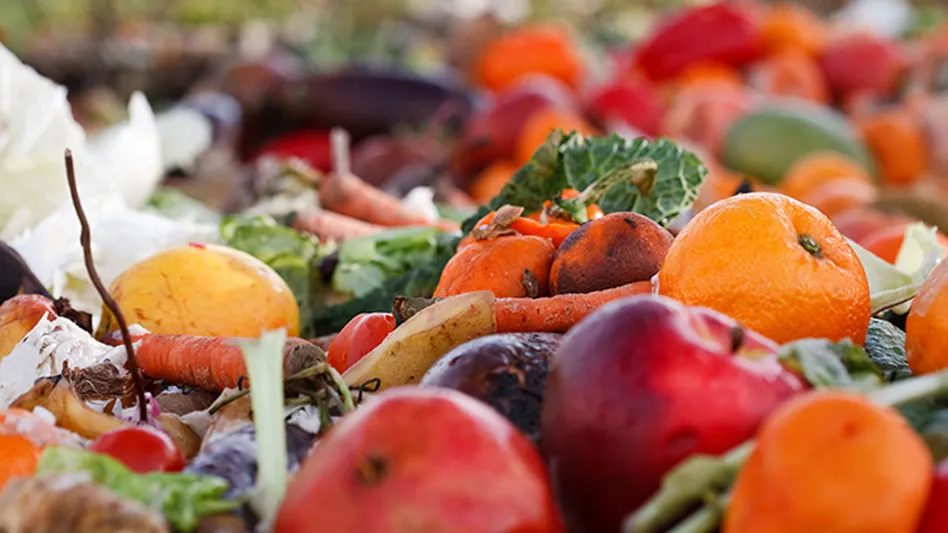
Photo from Waste Today photo archives
The Solid Waste Association of North America (SWANA) has submitted comments on the U.S. Draft National Strategy for Reducing Food Loss and Waste and Recycling Organics. The organization supports the intent of the draft strategy but has several recommendations for strengthening the strategy’s objectives and actions.
“SWANA appreciates the opportunity to submit comments on this important new national strategy," SWANA Executive Director and CEO Amy Lestition Burke says. "We look forward to working with the federal agencies in advancing the goals to strengthen a robust nationwide organics recycling system."
The draft strategy was released by the Environmental Protection Agency (EPA), the Department of Agriculture (USDA), and the Food and Drug Administration (FDA) to prevent food loss and waste and increase the recycling of organic material. This strategy is the latest in a series of EPA strategies focused on building a more circular economy.
SWANA’s comments covered many areas, including the call for continued federal financial incentives and support to expand compost and anaerobic digestion infrastructure. This includes prioritizing food loss data, which SWANA says can provide insight into where and when food waste is occurring, and what type of material is being wasted.
RELATED: Biden administration releases food waste reduction strategy
The organization also called for expanded markets for products made from recycled organic waste and enhanced support to advance decentralized organics recycling.
Additionally, the draft strategy includes a strategic action of addressing contamination in the organic waste recycling stream, and SWANA emphasizes the importance of this action. SWANA also called for an increased focus on worker safety and training programs as jobs in this field grow.
SWANA’s members include the professionals who are designing, building, and operating composting systems; managing collections of organics; designing and implementing communications; marketing end products; and providing other essential functions that will be key to the implementation of the National Strategy.
“As the finalization and implementation of the National Strategy progresses, SWANA requests that the EPA, USDA and FDA continue to provide opportunities for engagement and input of SWANA, as our members have first-hand experience on organics recycling systems from throughout North America,” the association says in its comments submitted to the EPA. “For organics recycling to be successful now and into the future, it is important to support the entire system, from design and labeling of materials, through collection and processing, to support for creating viable end products with market demand.”
Latest from Waste Today
- Denali to offer retail compost product
- Analysis: Plastic recyclers confront complications
- Denver expands curbside compost collection
- SWANA announces new EPR guidelines
- Sage Sustainable Electronics acquires Relectro
- TerraCycle acquires North Coast Services
- Report outlines strategies to reduce methane impact from food loss and waste
- Fornnax releases SR-MAX2500 shredder





